FELLOWSHIPS AND AWARDS
Many of our students have received competitive fellowships from NIH, NSF, and private foundations.
Depending on their thesis mentor and topic, students in the Immunology Program are also eligible for support by several T32 Training grants or institutional initiatives such as the University of Colorado RNA Bioscience, Human Immunology and Immunotherapy, and GI & Liver Innate Immune Programs. At least three T32 Training Grants fund current students in the program. The Colorado Clinical Translational Science Institute (CCTSI) has also funded Immunology students and upon graduating our students have the opportunity to earn a certificate emphasizing training in translational settings.
Institutional Training Grants
Institutional Training (T) Grants provide individual research training opportunities (including international) to trainees at the undergraduate, graduate, and postdoctoral levels. There are various types of T grants, each developed to support the training of graduate students and/or postdoctoral scholars.
The National Research Service Award (NRSA) Institutional Research Training Grant (T32) provides domestic, nonprofit, and private or public graduate-level academic institutions with funds for training predoctoral and postdoctoral candidates. T32 funds cover NRSA stipends, tuition & fees, travel, training-related expenses, and other expenses.
Immunology Institutional Training Grant (T32)
Immune responses protect us from infections but on the other hand can be destructive, leading to autoimmune diseases such as type I diabetes or rheumatoid arthritis or allergic responses such as asthma. Although, during the last 50 years, a tremendous
amount has been learned about the immune response still much remains to be discovered. Thus, the goal of this Grant is to train predoctoral and postdoctoral fellows in further research on the basic mechanisms of the immune response, and application
of such training to translational research.
Current Immunology T32 Awardees

Marwan Abushawish
Scott-Browne Lab
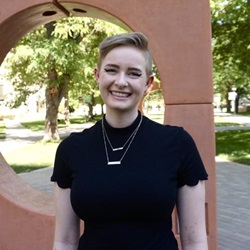
Sarah Danielson
Kuhn Lab
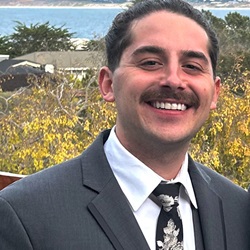
Marc D'Antonio
Torres Lab

Joey Magno
Davila Lab
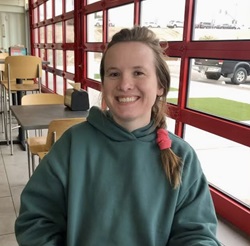
Megan McCaleb
Pelanda Lab

Nasha Rios-Guzman
Nakayama Lab
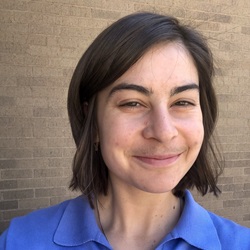
Laura Ann Leaton
Norman Lab
Previous Immunology T32 Awardees

Laurel Darragh
Karam Lab
2020-2021 Awardee

Brenda Seymour
Kuhn Lab
2020-2021 Awardee

Victor Lui
Hsieh Lab
2019-2020 Awardee
Bioengineering Institutional Training Grants (T32)
The Center for Bioengineering houses two NIH T32 pre- and post-doctoral training grants in Bioengineering, one on Cardiovascular Biomechanics and Imaging (PI Robin Shandas) and one in Interdisciplinary Bioengineering Training in Diabetes (PI Richard Benninger), and participates in several other cross-disciplinary training programs on the Anschutz Medical Campus.
James DiLisio
Haskins Lab
2021-2023 Awardee
Translational/Clinical Linked Training Award (TL1)
The TL1 is a Linked Training Award To support research training experiences for pre-doctoral trainees who are interested in pursuing research careers in multi-disciplinary clinical and translational science. The training award is administratively linked to another project or projects. The TL1 is used in lieu of the T32 for those programs that offer linked awards.

Sarah Danielson
Kuhn Lab
2021-2022
Kirschstein National Research Service Award (NRSA)
Under its Kirschstein National Research Service Awards (Kirschstein-NRSA) program, the National Institutes of Health (NIH) supports the training of biomedical, behavioral and clinical researchers through individual pre and postdoctoral fellowships.
Kirschstein-NRSA fellowship awards are made specifically to the individual graduate student (as Principal Investigator) rather than to the applicant institution. Although the graduate student is the Principal Investigator, an institution faculty member must serve as the fellowship sponsor.
Ruth L. Kirschstein Individual Predoctoral NRSA for MD/PhD (F30)
The purpose of this Kirschstein-NRSA program is to enhance the integrated research and clinical training of promising predoctoral students, who are matriculated in a combined MD/PhD or other dual-doctoral degree training program (e.g. DDS/PhD, AuD/PhD, DVM/PhD), and who intend careers as physician-scientists or other clinician-scientists.
F30 Awardees

Laurel Darragh
Karam Lab
2021-2023 Awardee

Uma Kantheti
Tamburini Lab
2023-2025 Awardee

Emily King
Janssen/Henson Lab
2023-2025 Awardee

Brenda Seymour
Kuhn Lab
2022-2024 Awardee
Ruth L. Kirschstein Predoctoral Individual National Research Service Award (F31)
The purpose of this Kirschstein-NRSA program is to enable promising predoctoral students with potential to develop into a productive, independent research scientists, to obtain mentored research training while conducting dissertation research. The F31 is also used to enhance workforce diversity though a separate program.
F31 Awardees
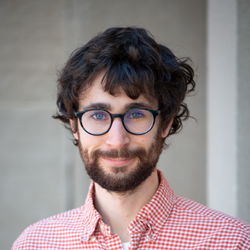
Alex Brown
Marrack Lab
2021-2024 Awardee
Other Awards
Research Supplements to Promote Diversity in Health-Related Research
As detailed in the Notice of NIH’s Interest in Diversity (NOT-OD-20-031), NIH encourages institutions to diversify their student and faculty populations to enhance the participation of individuals from groups identified as underrepresented in the biomedical, clinical, behavioral, and social sciences. As such, competitive individuals from underrepresented backgrounds in STEM may be awarded additional support via a supplement to certain grants.

Robert Belfon
Tamburini Lab
2022-2024 Awardee
NSF Graduate Research Fellowship Program (GRFP)
The purpose of the NSF Graduate Research Fellowship Program (GRFP) is to ensure the quality, vitality, and diversity of the scientific and engineering workforce of the United States. GRFP seeks to broaden participation in science and engineering of underrepresented groups, including women, minorities, persons with disabilities, and veterans. The five-year fellowship provides three years of financial support inclusive of an annual stipend of $37,000.

Victor Lui
Hsieh Lab
2020-2023 Awardee
ARCS Scholar Award and the American Heart Association Predoc Award

Marina Good
CU Cancer Center Research and Education Innovation Pilot Award 2023 and CU Anschutz SACNAS Conference Travel Award 2024
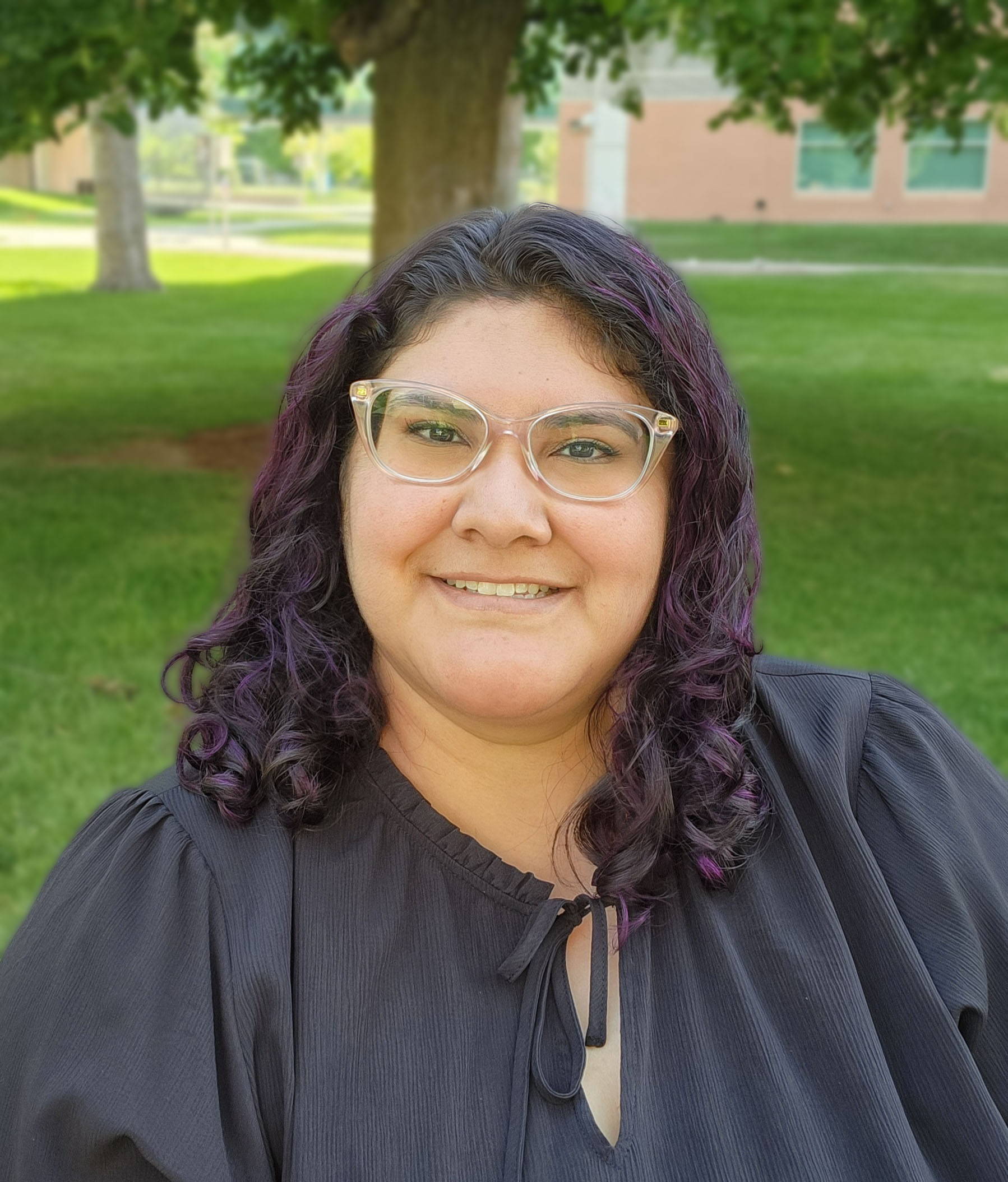
Brittany Gomez
Gilliam Fellowship
The Gilliam Fellows Program aspires to build a more inclusive scientific ecosystem by supporting scientists at two levels — graduate students and their faculty thesis advisors. The program invests in graduate trainees who are committed to advancing equity and inclusion in science, and engaging their communities in science, and empowers them as future science leaders.

Brittany Gomez
2023-2027 Awardee